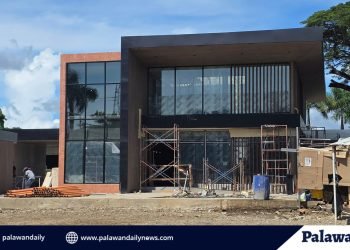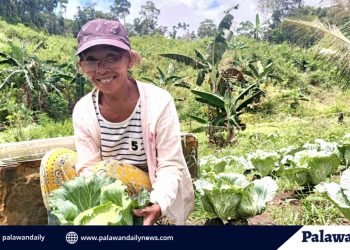It happens quietly, no warning, just darkness swallowing the corners of a small house, the slow hum of a fan replaced by stillness. Children stop mid-sentence, parents light candles kept in drawers for nights like these.
Glenmar Montaño grew up in one of those homes, modest, often quiet, the kind of place where dreams were never discouraged but never assumed either.
Yet his mother, a homemaker who refused to allow poverty to dictate her children’s futures, drove him to school daily. His father, a quiet fisherman, brought home modest catches but more importantly, a discipline that Glenmar would adopt in his own quiet battles. And somehow, that was enough.
It was on a cracked stretch of concrete near their home, a makeshift airstrip built for emergencies, where Glenmar learned to imagine.
This year, Glenmar graduated Magna Cum Laude from the University of the Philippines Diliman with a degree in Mathematics Education. Next, he begins a new chapter as an incoming freshman at UP College of Law.
But that’s the point. He is not leaving Rizal behind. He is bringing it with him.
There are things that don’t show up in resumes or citations. Like the first time Glenmar volunteered to teach kids how to read their names. He was sixteen, and the children were from a village deeper in Punta-Baja, with no proper shoes, no paper, no crayons.
That moment led to Basa Batuta, a youth-led literacy program he co-founded with childhood friends.
What started as weekend reading sessions is now a growing network of volunteers hiking across hills and river crossings in the grassroots of Palawan, bringing books into sitios that often vanish from the map in the rainy season.
Some people make noise. Others make change. Glenmar does the latter.
Earlier this year, he appeared on Bilyonaryo Quiz B: College Edition. He wore a plain shirt. Smiled sparingly. Quiet, composed, the way people become when they’ve had to earn every seat they’ve been given.
His decision to enter law school is grounded in a deep conviction: while teaching equips people with the tools to think critically, the study of law empowers them with the tools to act, to advocate, to protect, and to effect meaningful change.
And for Glenmar, graduating Magna Cum Laude was never the finish line.
He doesn’t speak of saving the world, he speaks of service. He doesn’t ask for applause, he asks for books, for classrooms that don’t leak, for kids who don’t have to squint at torn pages just to learn the alphabet.
And this year, as he steps into the halls of the UP College of Law, he will carry with him more than just books and dreams. He will remember the shoes worn thin by muddy mountain trails, the long walks to reach far-flung classrooms, and the silent hopes of every child still waiting to be taught.























